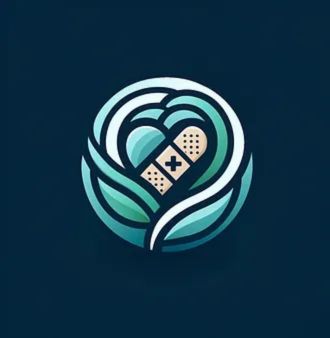Understanding different types of wounds is crucial in order to provide appropriate Wound care treatment. There are various types of wounds that can occur, each requiring different methods of treatment and care. Whether it is a minor cut or a more serious injury, knowing how to properly care for a wound can help speed up the healing process and prevent complications.
One common type of wound is an abrasion, which is a superficial injury that only affects the top layer of the skin. Abrasions are typically caused by friction or scraping against a rough surface, such as falling on pavement. These wounds usually heal on their own within a few days, but it is important to keep the area clean and apply an antibiotic ointment to prevent infection.
Another common type of wound is a laceration, which is a deep cut or tearing of the skin that may require stitches to close. Lacerations can be caused by sharp objects or tools, such as knives or glass. It is important to seek medical attention for lacerations to ensure proper closure and reduce the risk of infection. In some cases, a tetanus shot may also be necessary.
Puncture wounds are another type of injury that occurs when a sharp object, such as a nail or needle, penetrates the skin. These wounds can be deep and may damage underlying tissues, making them more prone to infection. Puncture wounds should be cleaned thoroughly and monitored for signs of infection, such as redness, swelling, or pus. In some cases, a healthcare provider may need to remove any foreign objects to prevent further complications.
Burn wounds are another type of injury that can vary in severity depending on the degree of the burn. First-degree burns only affect the outer layer of the skin and can be treated with cool water and aloe vera gel. However, second-degree and third-degree burns are more serious and may require medical attention. It is important to keep burn wounds clean and covered to prevent infection and promote healing.
Understanding the different types of wounds and how to properly care for them is essential for promoting healing and preventing complications. Whether it is a minor cut or a more serious injury, knowing when to seek medical attention and how to provide the appropriate care can make a significant difference in the recovery process. By practicing good wound care treatment, individuals can ensure that their injuries heal properly and minimize the risk of infection.
——————-
Visit us for more details:
Or Woundcare
https://www.outreachwoundcare.com/
(240) 240-9680
Washington D.C., United States
Discover the future of wound care with Outreach Wound Care. Stay tuned for the latest advancements in treatment options, education, and resources to help improve patient outcomes.

